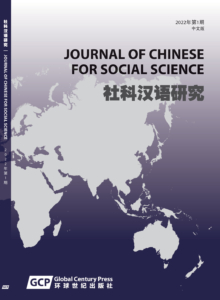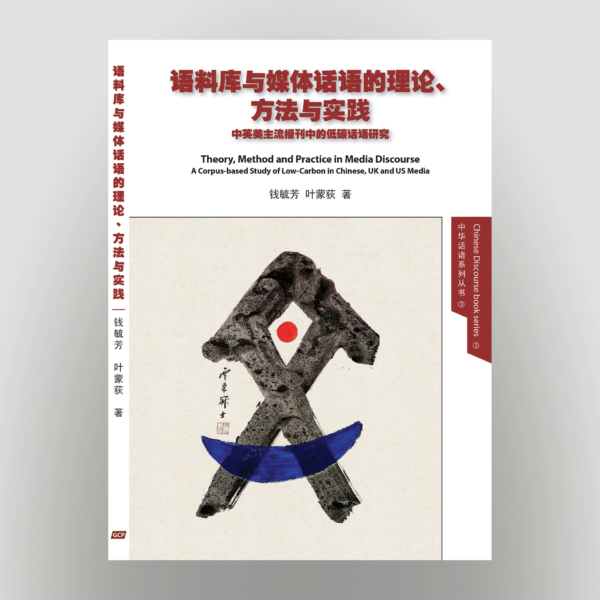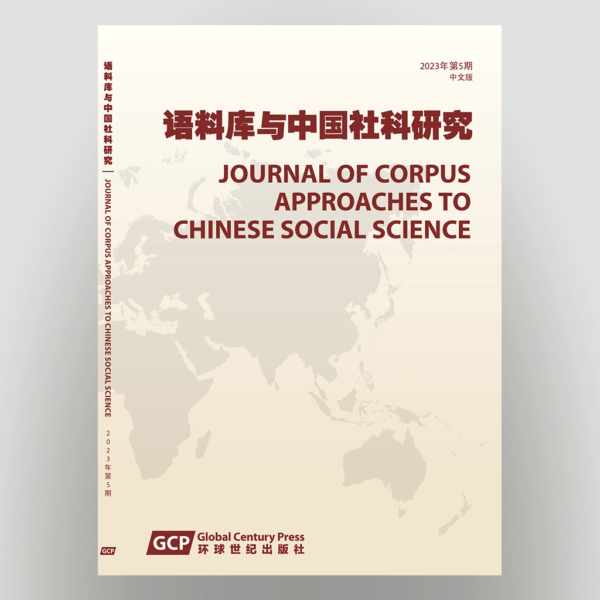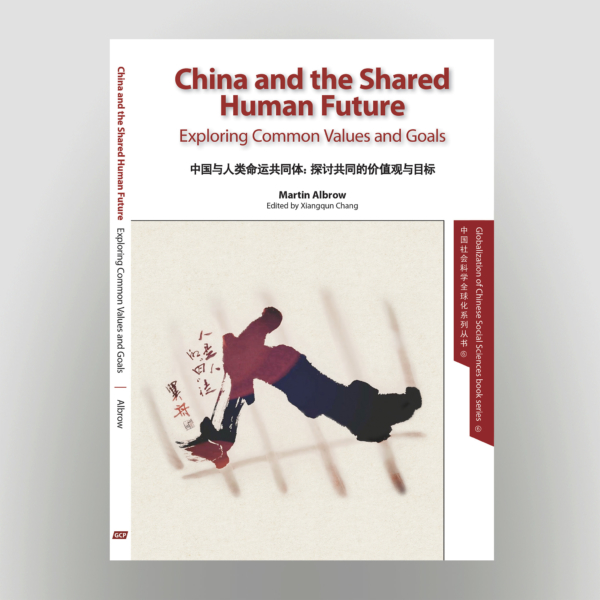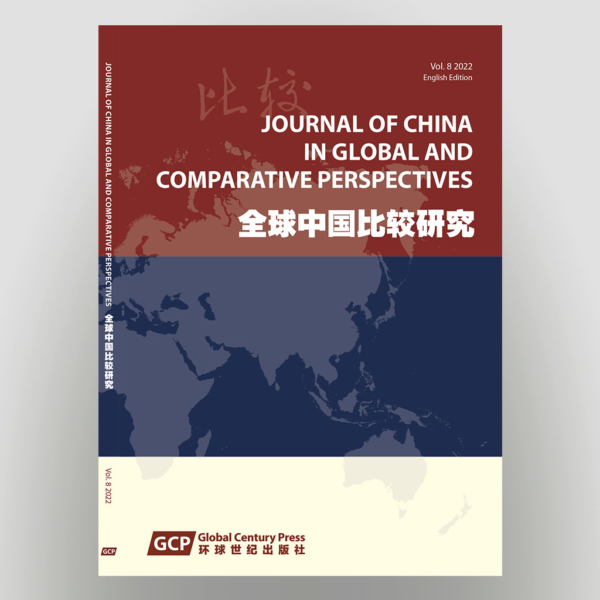“社科汉语”或“社会科学汉语”是特定用途汉语(CSP)的一个分支,如“科技汉语”或“商务汉语”。其创意来自全球中国比较研究会(CCPN Global)。 通过其全球中国对话论坛聚集来自世界多国的不同学科的学者和不同机构的专业人士讨论中国与全球问题。由于每个领域和学科都有其独特的语言和话语,《中国比较研究》双语期刊为社科术语、概念、观念及思想的中英互译形成的对话和交流提供了一个平台,也奠定了中国同世界其他国家共享思想和研究成果的基石。然后,有效的对话和思想交流的障碍之一是脱离语境的那些翻译的术语和概念的使用。这些翻译通常给读者一个东方化的中国的表征。针对这一问题,本刊着重讨论和分析翻译及原意的概念和差异。其目的是讨论语言在语境中的使用,以期能够引起学术界对中国社科领域已有翻译文本及语言使用的意义变化的关注。
Journal of Chinese for Social Science (JCSS) examines the use of the Chinese language in context and draws academic attention to the usefulness and validity of existing translated texts and language usage in Chinese social science. It features bilingual elements in Chinese and English and consists of three sections: reading, writing, and translation.
To achieve conceptual equivalence between English and Chinese poses a great challenge, particularly in social scientific research across these two language, cultures and societies. It is often the case that the research is published in a language that is not the researcher’s first language and requires translation. However, translation can bear a range of potential risks in cross-cultural or transcultural communication if not done appropriately. JCSS takes cross-cultural or transcultural research to a higher level. It not only highlights the issues in translating research findings, but also engages in, stimulates and promotes dialogue between languages, cultures and communities.
Translations of terminologies, concepts, ideas and thoughts on social science form the basis of intercultural dialogue and communication, and the sharing of ideas and research findings from within China and globally. More often than not, translations – frequently out of context – can reinforce an orientalized Chinese identity. JCSS seeks to remove the obstacles to effective dialogue and the exchange of ideas through the translation of terms and concepts in their context.
‘Chinese for social science’ or ‘Chinese language for Social Science’ is a branch of ‘Chinese for Specific Purposes’ (CSP), like ‘Chinese for science and technology’ or ‘business Chinese’. This innovative idea was first developed by Global China Academy (GCA). Through its Global China Dialogue conferences, GCA has attracted a wide participation by speakers and delegates from many different organizations including universities in the UK, USA, China and France, as well as public and governmental institutions, NGOs and media.

